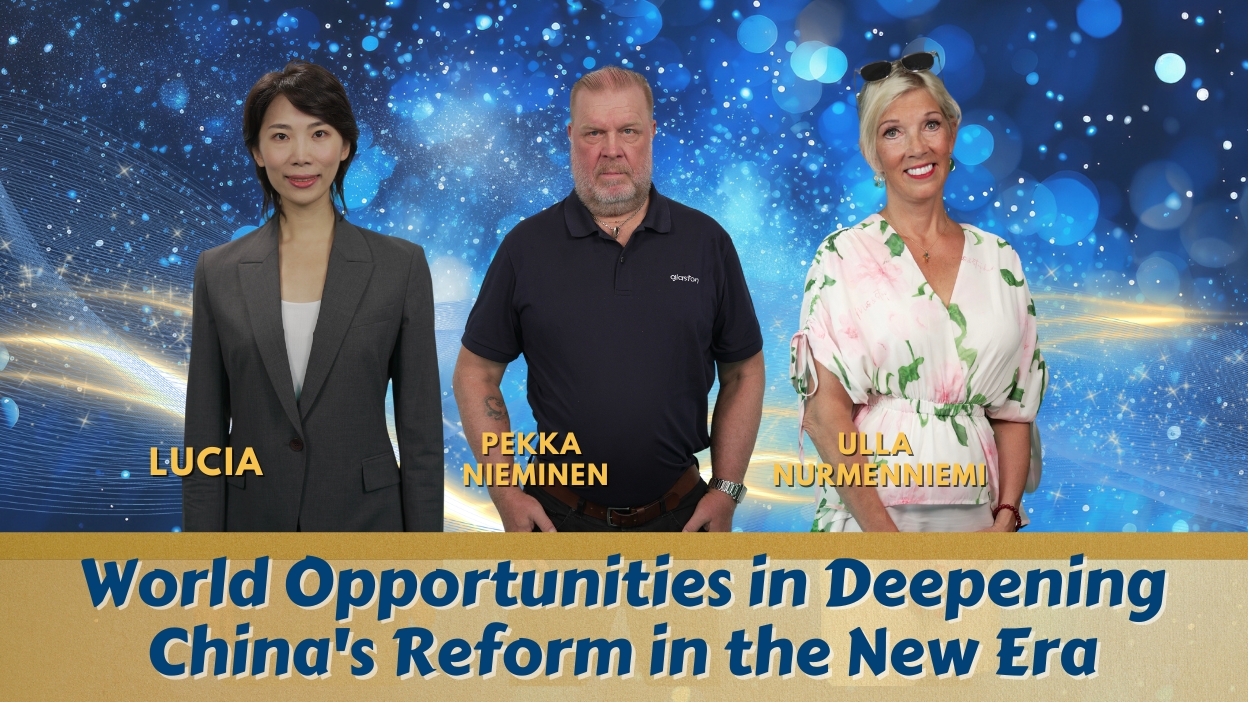Q: What do you think of the development trend of China-EU relations in the past two years?
A: Over the past two years, China-EU relations have experienced a mix of cooperation and challenges. Instances of tension, particularly regarding trade and human rights, have been observed alongside efforts to enhance cooperation, especially in areas like climate change and multilateralism. The dynamic nature of the relationship reflects the evolving global landscape. Furthermore, the impact of AI and fragmented globalization has added complexity to the relationship, influencing areas such as trade and technological collaboration.
Q: What are your expectations for the long-term development prospects of China-EU relations?
A: Long-term expectations for China-EU relations are optimistic yet pragmatic. Strengthening cooperation and enhancing mutual trust will require both sides to engage in constructive dialogue, respect each other's interests, and find common ground on shared challenges.
Q: What specific suggestions do you have for China and Europe to strengthen cooperation and enhance mutual trust?
A: The Belt and Road Initiative (BRI) could potentially offer opportunities for collaboration, but they should be approached with caution and in line with European interests and values. Political shifts within the EU may impact the trajectory of China-EU relations, emphasizing the importance of understanding evolving dynamics and maintaining transparency.
Q: Recently, foreign media have been hyping up the narrative that China's economy has reached its peak. What do you think?
A: As a point of departure, I tend to believe the recent speculation about the bottoming out and collapse of the Chinese economy may be exaggerated, however, a number of externalities might add to a negative spiral. There is no doubt that challenges exist, and while challenges exist, such as the US-China relationship and geopolitical tensions, they do not necessarily indicate a collapse but rather a severe need for scrutinizing and identifying the factors that might reduce or even erudite economic disturbances, economic treats and economic shocks that normally arise in macroeconomic business cycles, economic boom, and economic low growth. In other words, we need to monitor the market objectively and introduce timely reforms – here the magic word is “TIMELY”, rather than only “Reforms”, so we need the appropriate due diligence.


